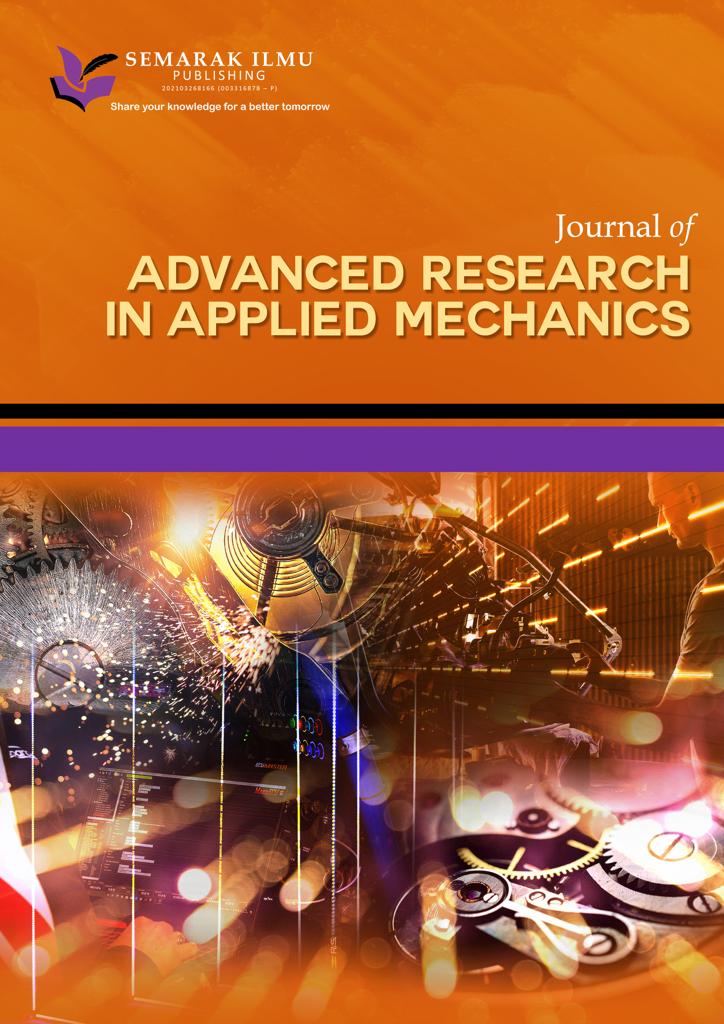e-Voting on Ethereum Blockchain
DOI:
https://doi.org/10.37934/araset.50.2.186194Keywords:
Blockchain, electronic voting, authentication, Web 3.0, Ethereum TestnetAbstract
The act of voting is an inherent and essential entitlement that is universally granted to all individuals. Electronic voting, commonly known as e-voting, is a voting method that utilises electronic equipment to facilitate and manage the process of casting and tallying votes. Electronic voting systems are employed to expedite the process of tallying ballots. Furthermore, it will reduce the amount of money needed to pay for counting staff while also reducing human error. The implementation of remote voting would greatly benefit individuals residing at a considerable distance from their designated polling location, as it would afford them the convenience of casting their vote at any given time and from any geographical area. The utilisation of blockchain technology presents novel opportunities for the creation and advancement of innovative digital services. The implementation of Blockchain-Enabled e-Voting has promise in mitigating instances of election fraud and enhancing voter accessibility. The voting process involved the utilisation of electronic devices, such as computers or smartphones, by those who met the criteria for voter eligibility. This method ensured that the voting process maintained the principle of anonymity. The significance of electronic credibility services has seen substantial development, becoming as a crucial element inside the contemporary information era. This project seeks to implement the objective of constructing an electronic voting system utilising blockchain technology. The two-level architecture ensures secure voting without relying on current (non-blockchain) technologies for redundancy. The blockchain-based voting project is made up of two components that work together to make the whole thing operate. One will be the admin, who will be in charge of creating elections, as well as adding candidates to the smart contract elections. The other type of user is the voter, who can vote for their preferred candidate and have their vote recorded on the blockchain to make it tamper-proof.
Downloads
























